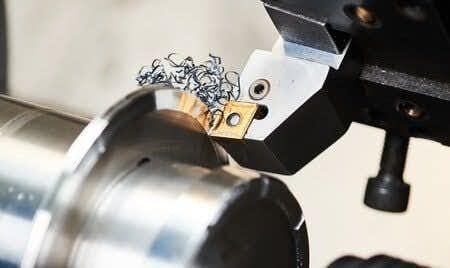This case involves numerous plaintiffs who have suffered and continue to suffer from complications related to a popular medical device. The device in question is implanted into the fallopian tubes as a means to provide permanent birth control and contraceptive. The devices, once implanted, have been linked to a number of alleged complications, including perforation of the uterus or other organs, migration of the device to other parts of the body, and immune system reactions to the materials used in the construction of the device, including headaches, weight gain, hair loss, and others. It is alleged that some of these reactions are due to the materials used in the construction of the device, particularly nitinol (an alloy of nickel and titanium), cause these adverse effects due to the leaching of harmful metals from the device when implanted in the body for an extended period of time.
Question(s) For Expert Witness
1. Please briefly describe your metallurgy experience as it relates to medical devices.
2. Have you ever published / lectured on this topic?
3. Have you ever reviewed a similar case? If so, please explain.
Expert Witness Response E-052661
My medical device experience is primarily with implantable metallic and polymer components for applications such as orthopedic, spinal, dental and cardiovascular. I understand it may be difficult to find technical experts with experience designing and manufacturing these specific components. I have experience designing and manufacturing with the Ni-Ti (or nitinol) alloys, stainless steel alloys and other radiopaque alloys used for this specific application in other medical devices such as cardiovascular, dental and spinal components. This device has several similar materials and processing methods to guidewires. I understand the risks using these alloys, testing and quality control methodologies, and processing complications that can have adverse tissue responses. I have lectured on the use of Ni-Ti and stainless steel alloys (and others) for medical device applications in the past at both the undergraduate and graduate levels to biomedical engineering students. I also understand and lecture about the proper processing methods and specific vulnerabilities of the implantable materials. I have been a technical expert in cases involving Ni-Ti and stainless steel guidewires, as well as an industrial consultant to medical device companies.
About the author
Joseph O'Neill
Joe has extensive experience in online journalism and technical writing across a range of legal topics, including personal injury, meidcal malpractice, mass torts, consumer litigation, commercial litigation, and more. Joe spent close to six years working at Expert Institute, finishing up his role here as Director of Marketing. He has considerable knowledge across an array of legal topics pertaining to expert witnesses. Currently, Joe servces as Owner and Demand Generation Consultant at LightSail Consulting.



